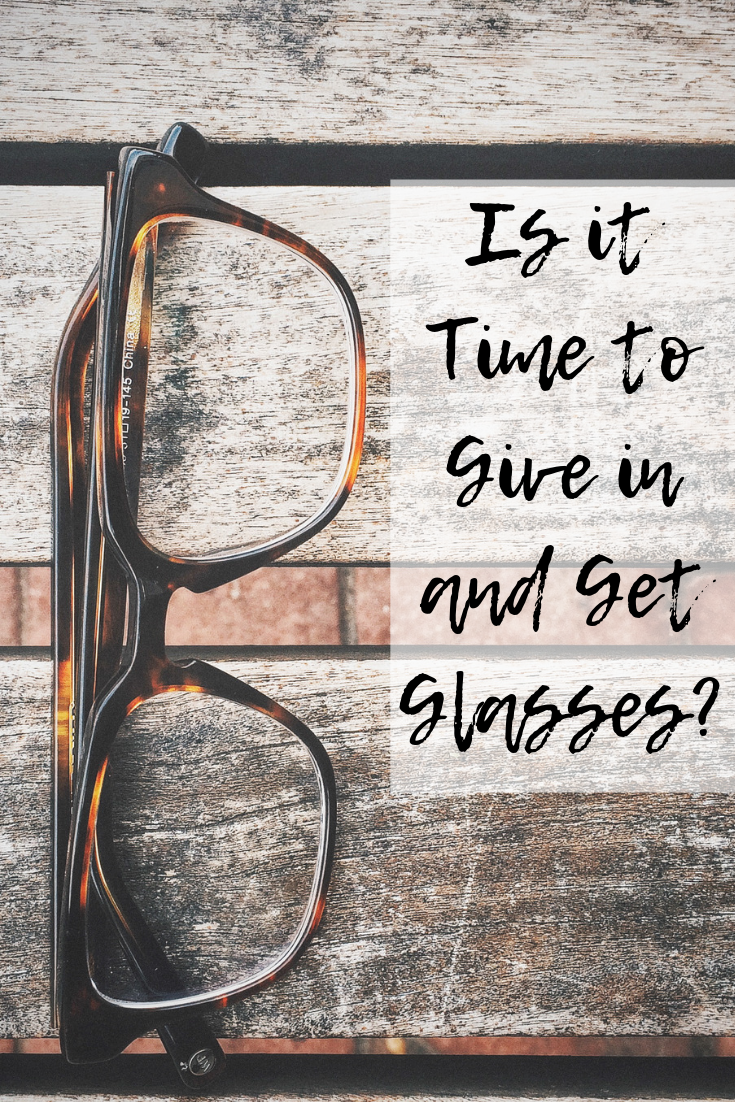

As our bodies age, deterioration naturally sets in. We’re no longer able to do some of the same things that we did when we were young adults. In particular, you may notice that your eyesight isn’t quite what it used to be.
According to research published by The Vision Council, there are currently an estimated 188.7 million Americans wearing some form of vision correction – or roughly three out of every four adults. And while the percentage of American adults using vision correction was trending down for a couple of decades, we’re now experiencing slight year-over-year increases.
Naturally, as one would suppose, the use of vision correction – whether glasses or contact lenses – increases as people age. The Vision Council data shows that 61 percent of 18-to-34-year-olds use vision correction. Though the percentages are almost identical for Americans in the 35-to-44-year-old range, there’s a steep surge as soon as people hit the 45-year mark. For individuals between the ages of 45 and 54, the likelihood of needing vision correction is 86 percent. For those over the age of 55, it’s 91 percent.
In other words, if you’re in a middle-aged adult and don’t already have glasses or contact lenses, it’s likely in your future. If you prefer contact lenses, places like Contact Lenses UK can help with information. Here are a few signs and symptoms that it’s sooner than you think:
Sudden Changes in Vision
There’s a common misconception that some people have good eye health and other people have bad eye health. However, as the previous data shows, even the healthiest eyes tend to deteriorate over time. It’s critical to stay cognizant of even the slightest changes.
“Whether or not you’ve had any kind of vision issues before, presbyopia is a condition that sets in as you age,” Swagel Wootton Eye Institute explains. “It typically affects those over 40 and causes eyesight to gradually deteriorate. Symptoms of presbyopia include farsightedness — making it difficult to read things close up — and visual fatigue from eye strain.”
Difficulty Seeing at Night
For many, the first symptom of declining eye health is difficulty seeing clearly at night. People tend to notice this when they’re driving after sunset, walking the dog, or spending time outdoors during summer evenings. If nighttime vision is problematic for you, this could be a sign of early cataracts. An examination should be scheduled to further investigate the underlying cause.
Trouble Adjusting from Dark to Light
Most people don’t think anything of it, but the fact that the human eyes can quickly adjust from dark environments to light environments (and vice versa) is pretty amazing. For this adjustment to occur quickly and efficiently, the muscles that control your iris have to contract and expand. If you’re having difficulty adjusting, it could be that these muscles have weakened. Some sort of corrective lens or procedure may help.
Seeing Halos Around Lights
When your eyes have difficulty focusing properly, it’s easy for light to become blurry or scattered. The result is a halo-like appearance around light bulbs, headlights, and other sources of light.
“While this problem can sometimes be corrected with glasses, halos are a common symptom of cataracts,” EyeQue explains. “Halos may also be associated with uncorrected presbyopia, nearsightedness, farsightedness, astigmatism, or a side effect of LASIK surgery.”
Frequent Squinting and Craning
Do you find yourself frequently squinting your eyes or craning your neck to see something? Has a spouse, friend, or loved one asked you why you grimace when you read? These are all signs that you’re trying to overcompensate for vision problems. Be mindful of issues like these and don’t ignore them.
Trouble Reading for Long Periods of Time
If you enjoy reading, yet have trouble doing so for long periods, you should consider whether it’s a result of poor eyesight. People with eye problems find extensive reading to induce headaches and fatigue. Speak with a doctor to see if there’s a corrective measure to help you overcome this.
Don’t Put Off the Inevitable
It’s imperative that you don’t delay the inevitable. If you’re experiencing some of these signs and symptoms, it’s wise to act now. Failing to wear glasses (when they’re needed) can cause headaches, fatigue, and long-term vision problems. Take the time to see an optometrist and figure out a proactive plan to protect and improve your vision.
Hopefully, the above information will help you to see the sheer importance of getting glasses as soon as your vision begins to deteriorate! Remember, while many causes of a reduction in quality of vision can be related to aging, children can experience changes to their vision or difficulty seeing clearly too. So keep an eye on your little ones’ visual health as well as your own. You never know, they may need kids eyeglasses. It’s a good idea to book in your optometrist appointments as a family so you can all attend and keep up with your visual health together!
In recent years, the rapid advancement of blockchain technology and the increasing popularity of cryptocurrency…
Imagine running a business where your office is anywhere with an internet connection, your team…
In an industry historically dominated by exclusive networks and privileged connections, Canary Wharfian has emerged…
From weatherproof TVs to premium audio, outdoor living is going high-tech across the metro area.…
Singapore, known for its vibrant culture, stunning architecture, and world-class attractions, is a top destination…
In the current world where time is of the essence, it should be easy and…
This website uses cookies.